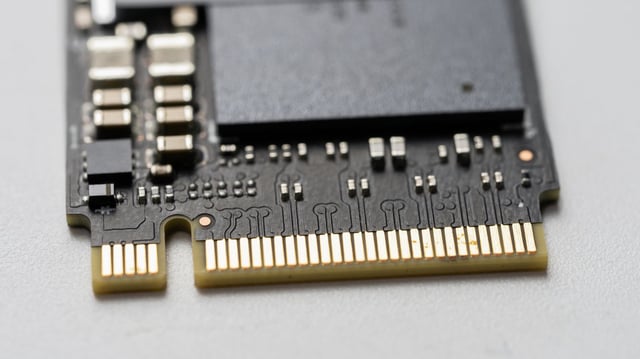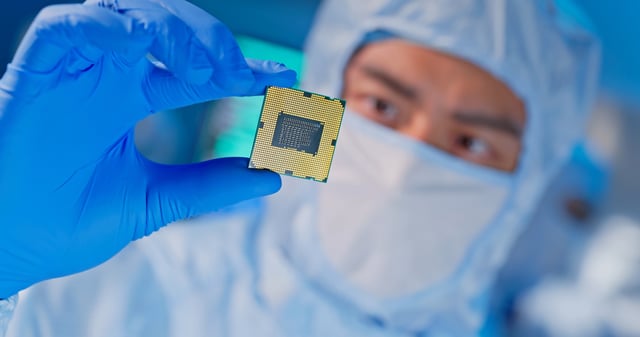Overview
- Fudan University's PoX memory device programs bits in 400 picoseconds, setting a new record for non-volatile flash memory speeds.
- The innovation combines the speed of volatile memory with the persistence of flash, addressing storage bottlenecks in AI hardware.
- The device utilizes graphene-based ballistic charge transport to bypass traditional speed limitations of flash memory technologies.
- Current PoX prototypes are limited to kilobyte-scale storage, with researchers focusing on scaling the architecture for larger arrays.
- Chinese foundries are exploring integration of PoX with commercial chip production, aligning with China's strategic push for semiconductor leadership.


